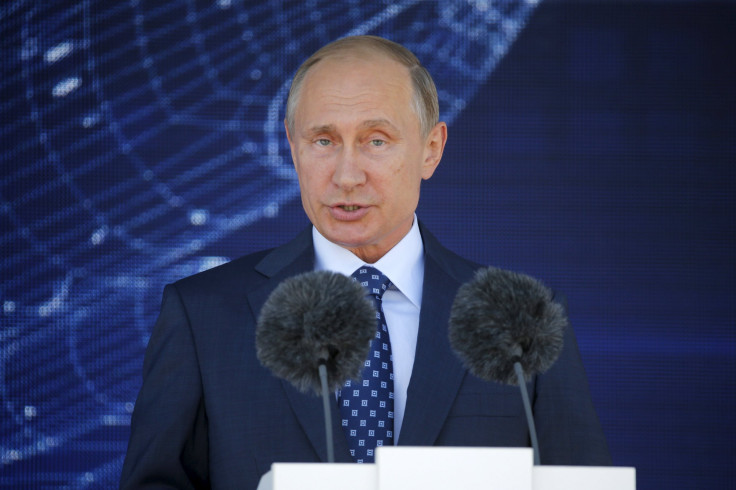New Russian Internet Law Sparks Surveillance Fear: Data Collection In Russia Must Now Be Held On Local Servers

A new Russian law enacted Tuesday requires companies to store the data they collect about Russian citizens on Russian territory. The new law has caused uncertainty among companies and sparked fears over surveillance and privacy rights, the Financial Times reported.
Following the revelations of former U.S. government contractor Edward Snowden about American spying and data collection, countries including Brazil and Germany have debated having servers on their own territory in order to ensure the privacy of their citizens, Bloomberg reported. The Russian law could impact more than a million companies.
While privacy concerns are legitimate, the law comes at a time when the Russian government has been attempting to tighten its control over the Internet. In late August, Russia blacklisted Wikipedia over an article about cannabis before removing the encyclopedia website from its blacklist.
Some experts worry that the new law is an attempt to gain access to personal information for security and monitoring purposes. “The regime is already ramping up censorship and surveillance and using it to target opposition activists, so the requiring of companies to host data on servers in the country makes it easier for the government to access that data,” said Laura Reed, a research analyst from Freedom House, in an interview with Bloomberg.
Representatives from Google, Facebook and Twitter have been meeting with Kremlin officials to discuss the new law. The companies declined to comment on whether or not they will comply with the law.
Russia’s tightening control over the Internet began in 2012 following President Vladimir Putin’s re-election and mass street protests. Roskomnadzor, the country’s Internet regulator, can block websites without court approval. A Russian court order is required to access data. However, experts say these orders are rarely turned down. The law also gives the Kremlin the ability to issue fines to violators.
“It has nothing to do with personal data protection. They want foreign companies to put their servers on Russian territory because they need access,” said Andrei Soldatov, an investigative journalist specializing in coverage of Russia's security services, in an interview with the Financial Times.
© Copyright IBTimes 2024. All rights reserved.












